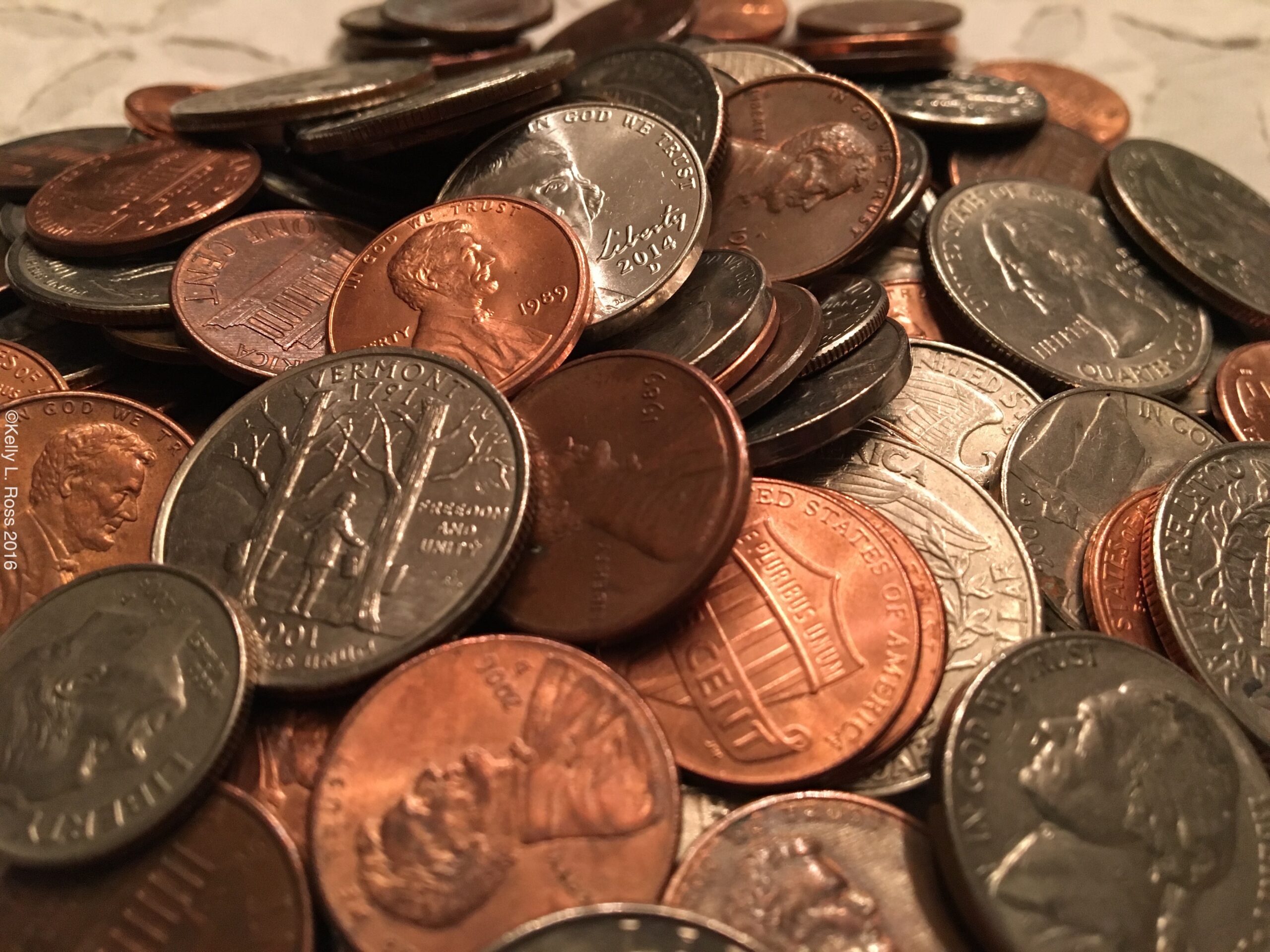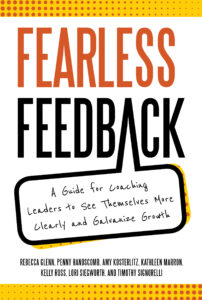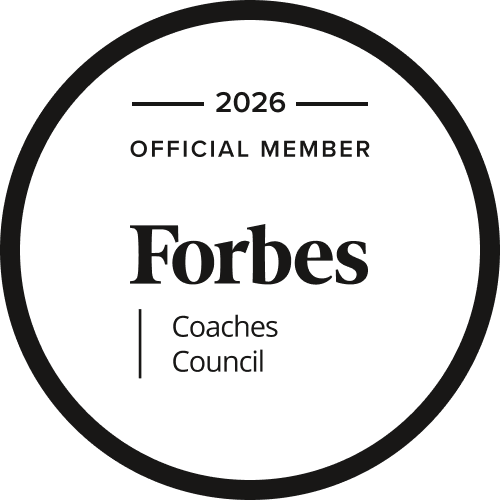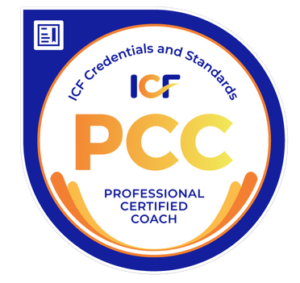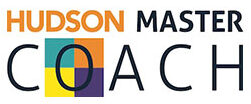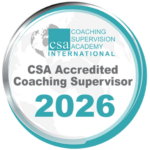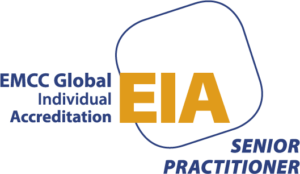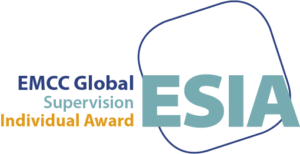01
Feb 2016
Know Thyself to Make Change Stick
The one thing all of my coaching clients have in common is that they are each making a change.
- Priya* is getting used to and building confidence in a bigger job at a new organization.
- Val* is leading an organization through rapid growth and is finding the pace and demands of change a challenge on a personal level, yet she has to champion the change for her team.
- Sam* is preparing to launch a business and leave her current role.
- Mike* is leading his organization to live out his vision, which means growth, reorganization and a more stakeholders to manager.
Change is hard, even if we want it.
Last fall, I attended the Institute of Coaching conference at Harvard Medical School and came away with helpful tools to support myself and my clients through change. In particular, the work of Gretchen Rubin and Lisa Lahey has been the most useful.
At the conference, Gretchen Rubin talked about her research about habits that she shares in her book Better than Before. I concur that understanding yourself is key to figuring out just how you can create a habit that sticks. Not everyone forms habits in the same ways. She created a quiz which puts a person into one of four habit-forming categories. For instance, if you are an Obliger, someone who needs external motivation in order to stick with habits, you will be more likely to form successful habits if you are held accountable by others. This need for external accountability might not be an important part of your habit formation if you are an internally motivated Upholder. Rubin has other helpful tips such as knowing if you are an abstainer or a moderator. Abstainers are those who stop something completely (think no sweets whatsoever) while moderators do better when they have a limited amount of something (think a few bites of dessert).
I am reading Better than Before and learning more about the science behind forming habits which promote sustainable change and have many ideas for myself and my clients. Sam, who is preparing to launch a business, and I are looking at what her ideal day and week will look like once she leaves her current role. From there we are exploring what sort of habits will support creating those ideals and what type of habit-forming category she falls into in order to make a plan for change.
Lisa Lahey presented her work with Robert Kegan that they share in the book Immunity to Change. Their powerful book teaches us to look underneath the change we are trying to make and determine our “immunity,” the things we are doing subconsciously to undermine ourselves. An example many of us can relate to is trying to lose weight. The concept of exercising more and eating less is not hard to understand, yet many of us have still failed to successfully sustain weight loss. Immunity to Change guides you through a four column exercise to work out your “immunity” once you have determined your desired change:
- What I would need to do differently
- Behaviors that go against my goal
- Hidden competing commitments
- Big assumptions
The power of understanding what is getting in the way of making your desired change is that you can change your approach by tackling the big assumptions. You can experiment to identify the false assumptions you have invented that hold you back. Clients often talk about having tried to make a change in the past. Sometimes they had success for some period of time and then slid back into old ways. Others never reached success. Digging into the barriers to accomplishing change, or the ‘immunity,’ takes a new lens and often exposes insights. Priya, who has taken a new, bigger role, has long wrestled with feeling confident in her abilities. In this new role and with a new team she is aware of the importance of establishing her credibility and confidence. We looked at Immunity to Change to dig into one of her assumptions about not believing she really can or deserves to lead at the most senior level. She was surprised to discover her own underlying assumption.
A big ah-ha for me as I was reminded of Kegan and Lahey’s Immunity to Change and introduced to Rubin’s habit work is how critical it is to know yourself. Both frameworks help you understand yourself. Self-awareness supports sustainable change.
* Names changed
Resources
- Gretchen Rubin
- Habits downloads/tips
- Habits quiz
Immunity to Change
